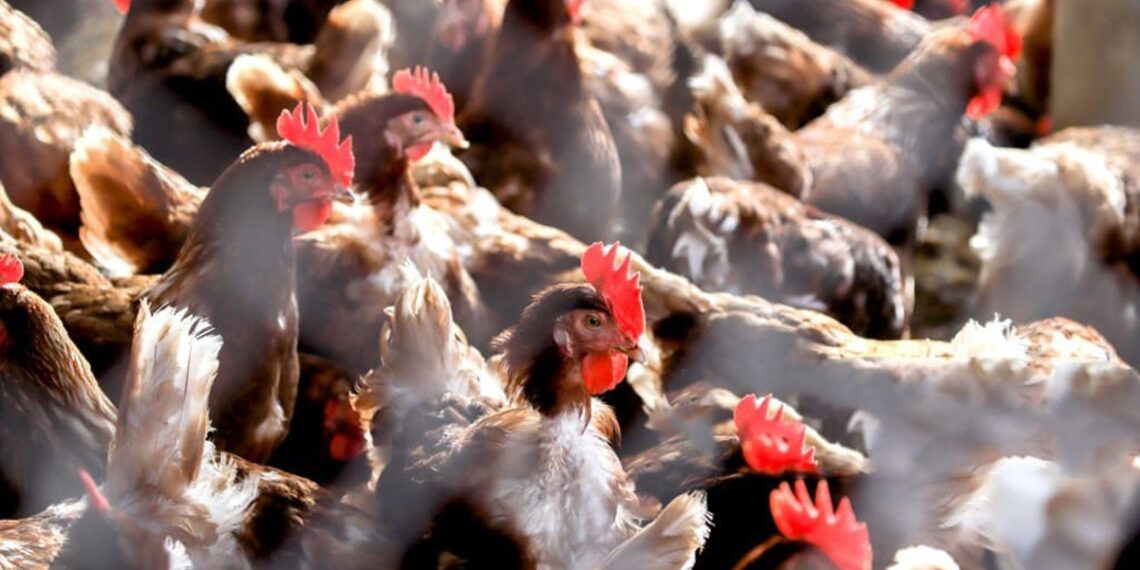New Delhi: India has recorded 41 confirmed outbreaks of bird flu across 10 states in 2025, the Union government informed Parliament, highlighting the persistent threat of avian influenza in the country.
In a written reply to the Rajya Sabha, Union Minister of State for Fisheries, Animal Husbandry and Dairying, Prof. S.P. Singh Baghel, said that in addition to poultry, infections were also detected in non-avian species, including tigers, lions, leopards, and domestic cats.
This cross-species transmission underscores an expanded host range for the virus and raises concerns over potential spillover to humans.
Despite the alarming trend, 2025 has so far seen fewer outbreaks than the previous year.
“Till July 24, 41 incidents have been reported compared to 49 in 2024. The highest was in 2021, with 118 outbreaks, while the lowest was 15 in 2023,” Baghel noted.
States affected this year include Maharashtra, Chhattisgarh, Jharkhand, Andhra Pradesh, Madhya Pradesh, Telangana, Karnataka, Bihar, Uttar Pradesh, and Odisha.
To contain the threat, the Centre has implemented a multi-pronged approach that includes early detection, surveillance, rapid containment, and awareness campaigns.
The government’s National Action Plan for Prevention, Control, and Containment of Avian Influenza (Revised 2021) provides protocols for outbreak response, identification of infected zones, culling operations, and biosecurity enforcement.
With the migratory bird season approaching, advisories have been sent to all States and Union Territories to intensify vigilance in high-risk areas, particularly in coordination with wildlife and health authorities.
Additionally, the government rolled out the Poultry Disease Action Plan 2024 to promote a healthier, disease-resilient poultry sector.
ALSO READ: Election Commission finalises electoral college, sets stage for Vice Presidential poll
Financial assistance is being extended to states for compensating poultry owners after culling, strengthening labs, and enhancing research, training, and biosecurity awareness.
The minister also informed the House that a National Joint Outbreak Response Team (NJORT) has been set up, comprising experts from various departments and institutes to conduct field investigations and coordinate response efforts.
Importantly, the use of a vaccine against the low pathogenic avian influenza strain H9N2, developed from an indigenous seed strain, has been approved to help curb infections in poultry and limit the spread of the disease.















